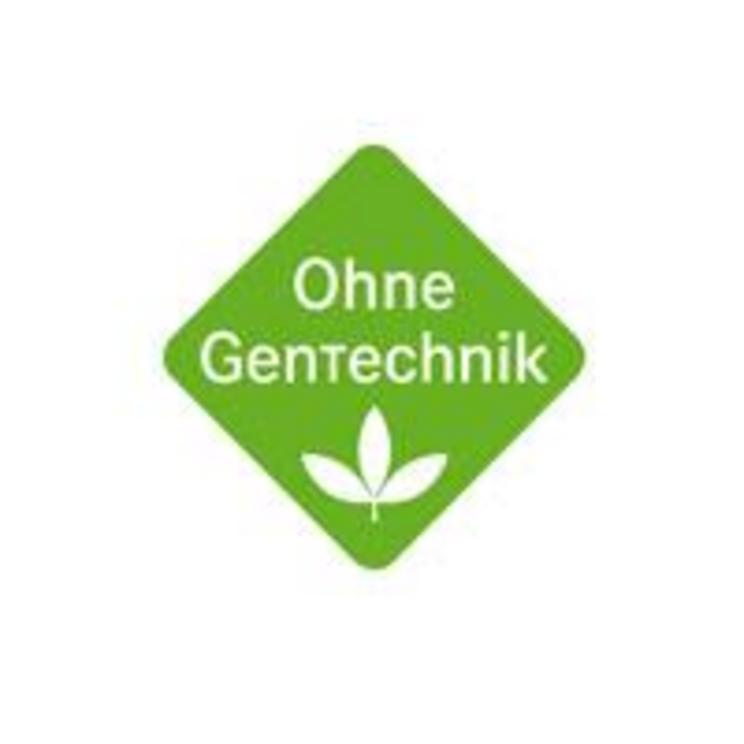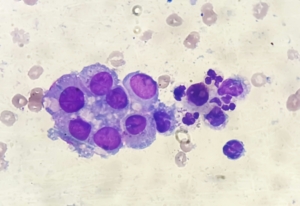
GM proponents grill German government
German GM proponents have taken action against discrimination of food products generated by gene editing.
Last week, pro-GM lobby group Grüne Vernunft published a study authored by Prof Dr. Reimund Schmidt-DeCaluwe (University of Halle), that aims to eliminate improper marketing practices resulting from the government-owned "Ohne GenTechnik" (Without Genetic Modification) seal in Germany. In 2017, the market for products carrying the "Ohne GenTechnik" label was €7bn, while nobody wanted to buy products labeled as GMOs, Grüne Vernunft argues.
Under the "Ohne GenTechnik" seal, every product could be marketed as GM-free that uses crops which were optimised by means of conventional random mutagenesis. Products, in which traits have been introduced using modern breeding methods such as gene editing- or oligonucleotide-directed mutagenesis, however, must be labeled as GMOs, according to a recent ruling of the European Court of Justice (ECJ).
The GM proponents argue the ECJ ruling confirmed that all mutagenised crops are GMOs, including those which underwent classical mutagenesis. Thus, it would be inappropriate to market them under the "Ohne GenTechnik" seal any longer.
The case has broader implications as EU law, on the one hand, tolerate labels which suggest that conventionally mutagenised crop-based products are GM-free. On the other hand, EU legislation prohibits consumer fraud. As the "Ohne GenTechnik" (Without GM) seal is a trademark that is supported by the German agriculture ministry, the German government has to decide whether the seal supports market intransparancy and should be abandoned. The "Ohne GenTechnik" seal is a trademark-protected word and figurative mark, which is owned by the Federal Republic of Germany, legally represented by BMEL.
Discussions at EU levels are ongoing, whether to label products made by modern breeding methods as GMOs. A majority of EU agriculture ministers want to exempt genome edited crops from GMO labelling as they do not contain DNA from other organism and are genetically indistinguishable from crops made by classical mutagenesis.


 Unsplash+
Unsplash+
